Martyr Soleimani represents ideology, resistance against imperialism: Analyst
General Qassem Soleimani played the central role in the axis of resistance from the eastern part of Asia to its western part, helping people liberate themselves and their lands and resources from Western imperialism, according to an analyst.
Tuesday marked the third martyrdom anniversary of the celebrated anti-terror commander as massive rallies were held in his hometown Kerman in southeastern Iran, where he is buried.
Marwa Osman, a journalist and political analyst from the Lebanese capital Beirut, commended the top Iranian military commander for his unflinching resistance against Daesh terrorism and US imperialism in the region.
Martyr Soleimani played an important role in supporting and strengthening the resistance in the West Asian region, especially in Palestine, Lebanon, Iraq and Syria, said the commentator on Press TV Spotlight’s program aired on Tuesday.
“What General Soleimani did not only had an effect in the region but transcended across the borders, it went even across Asia all over the world from Havana to Moscow to elsewhere. Wherever we go people would like to know more about his personality, more about how he helped," she said.
"When he was on the front lines in Iraq and in Syria, they had no idea when we show videos of those events that the mainstream media never shows; they are in awe and in shock and they fall more in love with this symbolism of the hero."
General Soleimani, the chief of the Islamic Revolution Guards Corps (IRGC) Quds Force, along with Abu Mahdi al-Muhandis, the deputy head of Iraq’s Popular Mobilization Forces (PMF), was assassinated in a US drone strike outside the Baghdad Airport on January 3, 2020.
“The US is currently having more illegal wars. When I say illegal, I don't mean on an international level, I say illegal within the laws of the United States of America, they are engaged in seven illegal wars that they have never taken as military. They did not take the permission of their own Congress for it to be involved in it, so they don't even abide by their own laws,” she pointed out, saying the US itself is the source and origin of terrorism in the region, and with the huge costs it spends in this way, it has caused an increase in terrorism all over the world.
“The US forces don't really understand that when we lose commanders, we become more motivated ideologically, religiously and at a national level to move forward to take that ideology, to take and to learn what we were educated by these commanders and put it on a new level of resistance,” Osman said.
General Soleimani played an important role in the defeat of the Daesh terrorist group in Iraq and Syria and foiled its plots, orchestrated in the West, to destabilize the region.
He was credited for devising and implementing the strategy that helped President Bashar al-Assad’s government in Syria regain control of key cities and towns after years of war and occupation.
“The reactions to General Soleimani’s martyrdom that we've seen internationally in the last three years have also shown how important this person was for also unifying again this school of thought, the ideology and beyond that, the ideas of liberation,” said the author and researcher Denijal Jegic on the same show.
“I think that the United States continues to misunderstand this thinking that it could through its pressure and through economic sanctions and the other forms of state violence continue to oppress people and subjugate them into changing their ideologies, which obviously is not possible; I think it will continue to be a major failure for the United States and show us again the strength of the resistance,” he added.
The US assassination of General Soleimani drew a wave of condemnation from officials and movements throughout the world and triggered huge public protests across the region, with Iraqi lawmakers approving a bill two days after the attack demanding the withdrawal of all foreign military forces led by the United States from the country.
On January 8, 2020, the IRGC targeted the US-run Ain al-Asad base in Iraq’s western province of Anbar with a wave of missile attacks in retaliation for the assassination of General Soleimani.
According to the Pentagon, more than 100 American forces suffered “traumatic brain injuries” during the counterstrike on the base. The IRGC, however, says Washington uses the term to mask the number of Americans killed during the retaliation.
Iran has described the missile attack on Ain al-Assad as a “first slap.”
Murder of innocence: Israeli-US aggression on southern Iran school killed 165 children
Israeli PM’s fate unclear after ‘surprise’ missile attack on his office: IRGC
Iran Armed Forces shoot down US F-15 fighter jet near Kuwait border
IRGC, Army launch fresh waves of missile strikes against Israeli, US targets
Red Crescent Society: 555 people killed across Iran in US-Israeli onslaughts
Operational concerns delayed US-Israeli aggression against Iran for a week: Report
Iran slams Israeli attacks on Lebanon, warn UNSC’s inaction to embolden regime
Iran says has ‘no choice’ but to fight back, holds no enmity toward American people


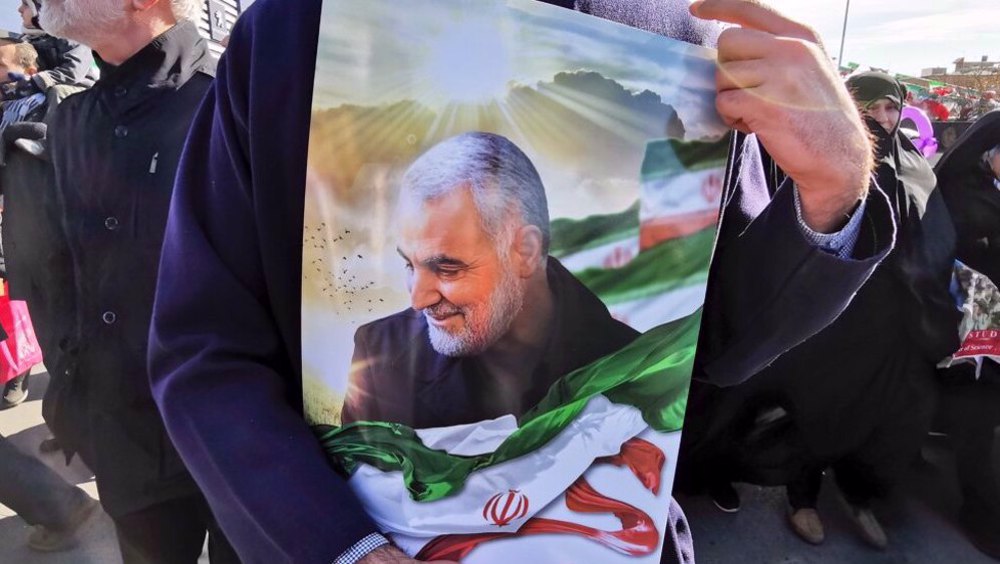

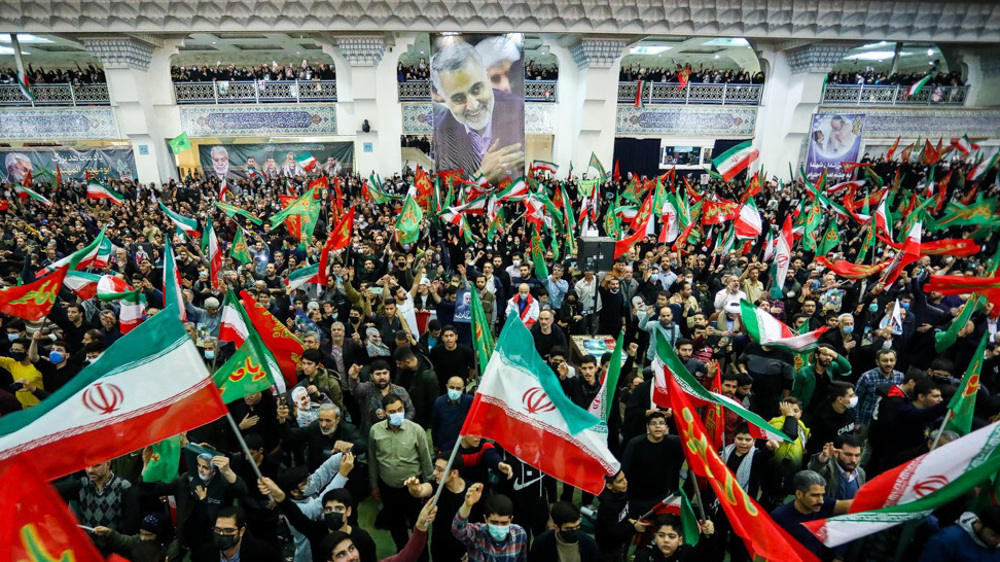
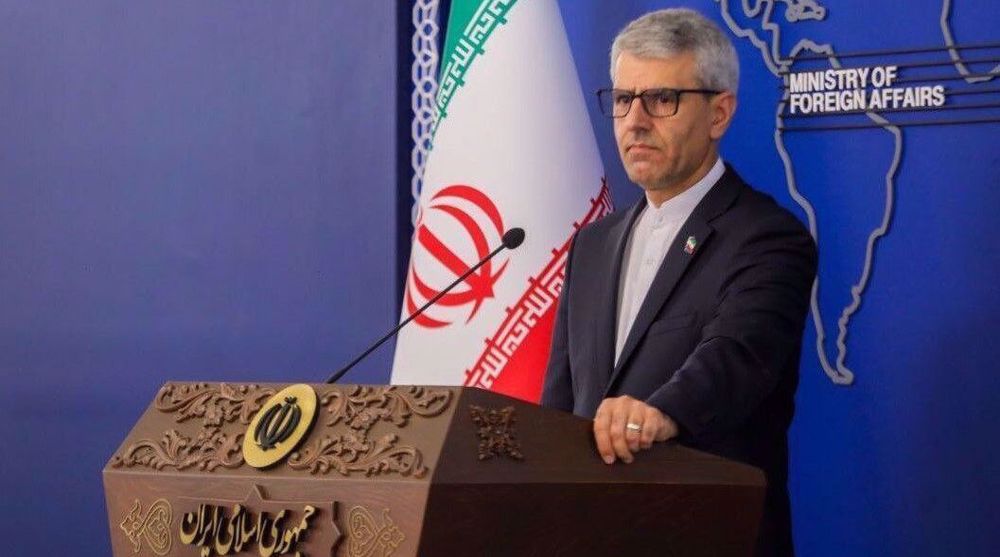





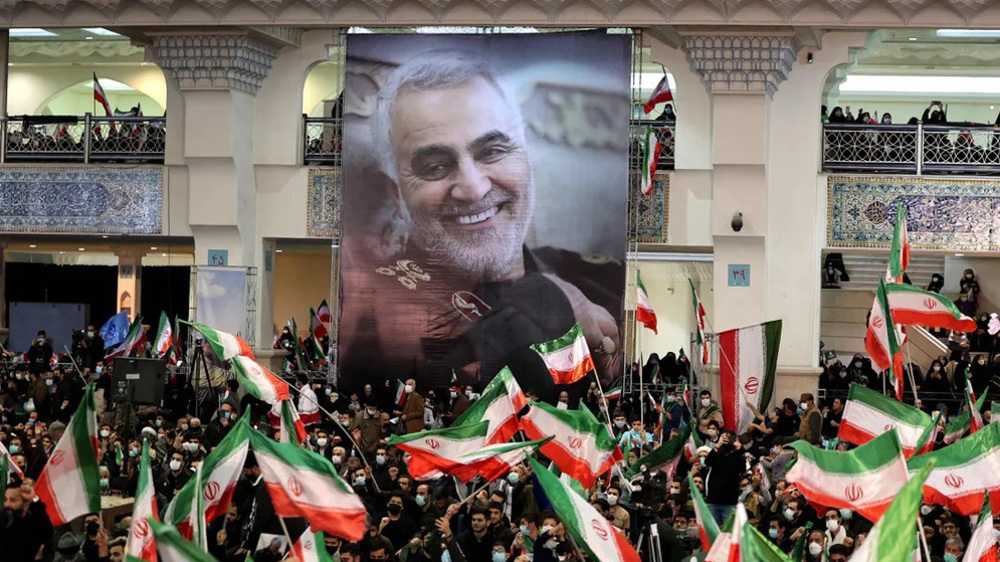
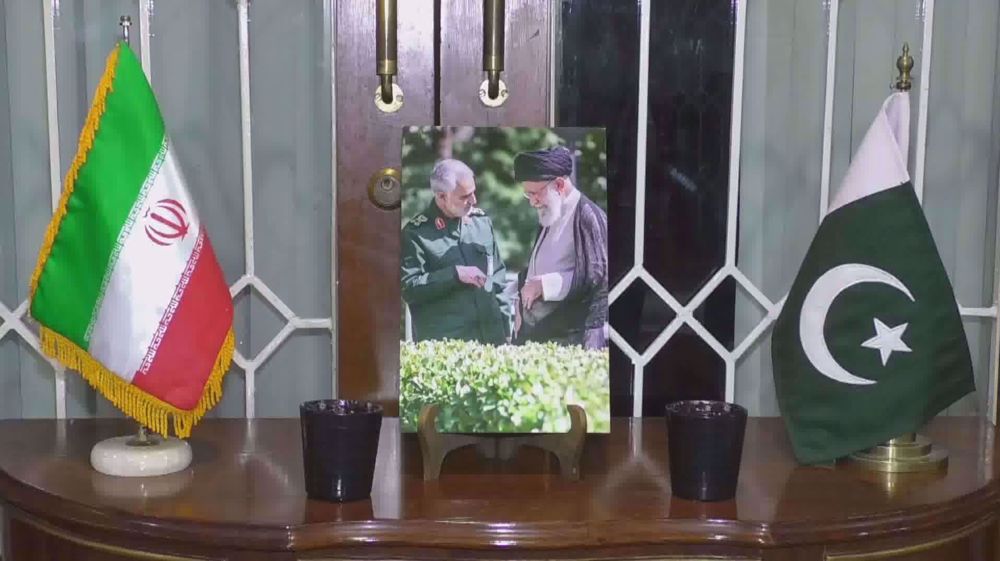
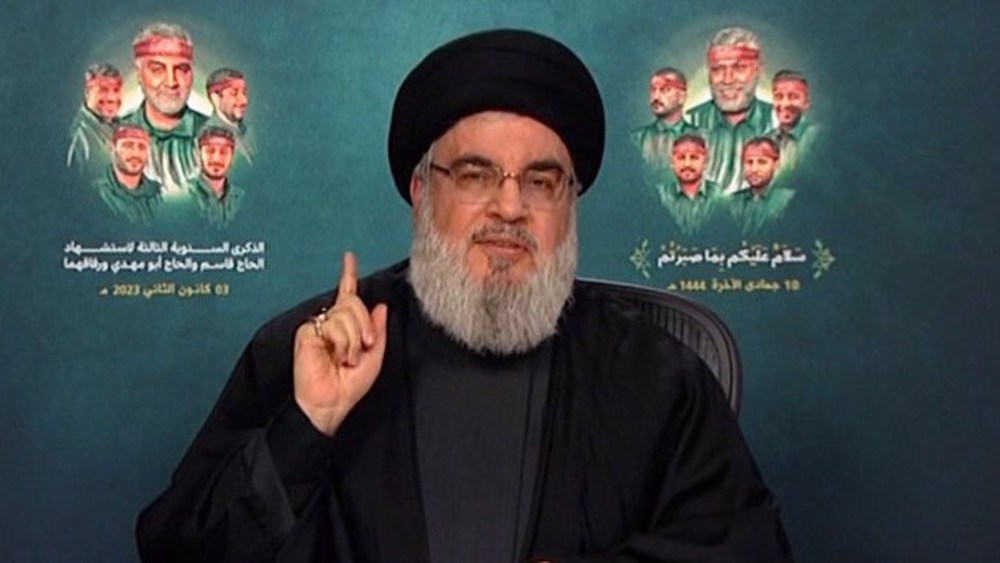
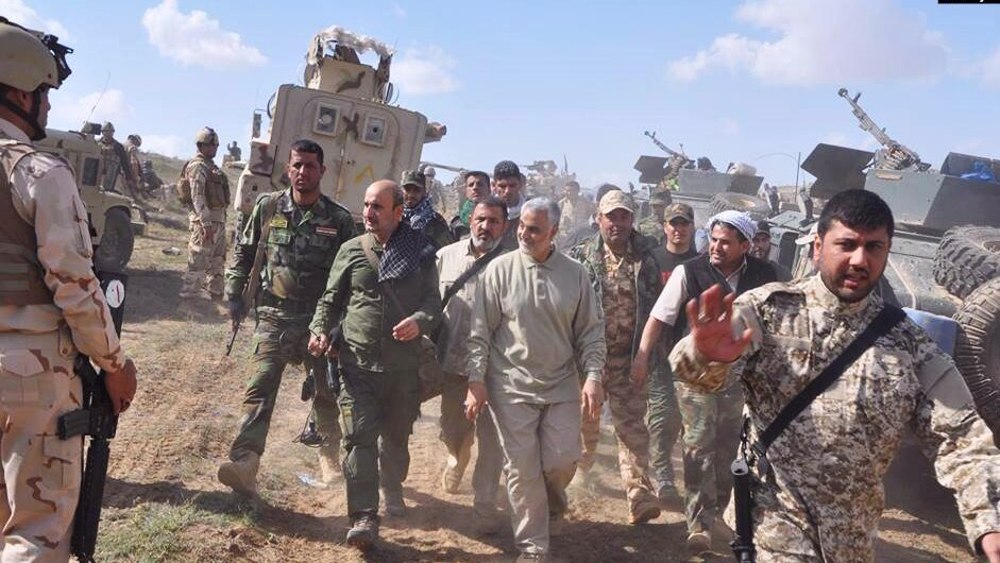


 This makes it easy to access the Press TV website
This makes it easy to access the Press TV website